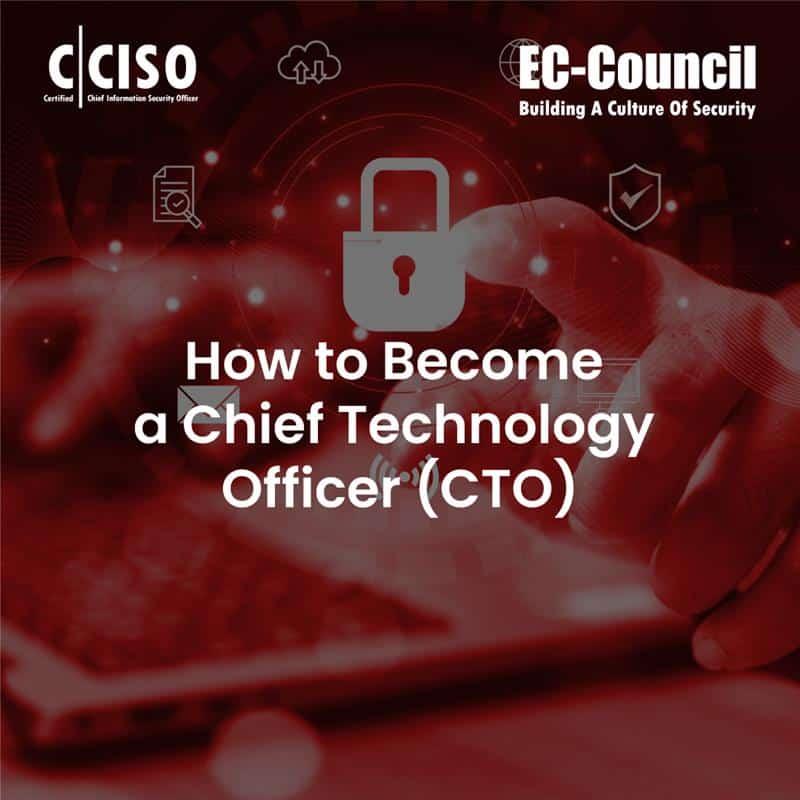Chief Technology Officer (CTO) Education: Essential Degrees,Skills,and Pathways to Leadership
Are you passionate about educational technology and aspire to drive innovation in universities,colleges,or schools? The role of chief Technology Officer (CTO) in education offers a unique opportunity to shape the future of learning environments through strategic technology leadership. This comprehensive guide will help job seekers explore essential degrees,core skills,and proven pathways to leadership in the dynamic field of EdTech. Whether you’re an IT professional, an educator with a technical bent, or a seasoned project manager, read on to discover how to advance your career as a Chief Technology Officer in education.
Understanding the Role of a Chief technology Officer (CTO) in Education
The Chief Technology Officer (CTO) in educational institutions is the visionary architect behind digital conversion. This executive position involves developing strategic IT goals, overseeing technology implementations, managing teams, and ensuring the integration of digital solutions that enhance teaching, learning, and administrative processes.As technology rapidly redefines educational landscapes, CTOs in education are more critical than ever.
- Strategic Leadership: Directing the institution’s technology vision and planning.
- Innovation Stewardship: Fostering a culture of experimentation and adoption of modern EdTech solutions.
- Infrastructure Management: Managing networks, cloud services, cybersecurity, and hardware/software deployment.
- Stakeholder Collaboration: Engaging educators, administrators, students, and external partners.
- Budget Oversight: Allocating resources for IT projects and ongoing operations.
Essential Degrees and educational Qualifications for CTOs in Education
A strong educational foundation is crucial for aspiring CTOs in the education sector. Most institutions require advanced degrees, preferably with a blend of technical expertise and leadership skills.
Recommended Degrees
- bachelor’s Degree: Computer Science, Information Technology, Management Information Systems, or related fields.
- Master’s Degree (Preferred): Education Technology, Information Systems Management, business Management (MBA), or Technology Leadership.
- Doctoral Degrees: Ph.D. in Educational Leadership, Ed.D.with a focus on technology, or advanced research degrees in IT/EdTech for leadership roles in large universities.
certifications to boost Your Profile
- Certified Education Technology Leader (CETL)
- project Management Professional (PMP)
- certified information Systems Security Professional (CISSP)
- Microsoft Certified: Azure Solutions Architect
- google Certified Educator or Administrator
These credentials demonstrate technical mastery and leadership prowess, enhancing employability in challenging EdTech environments.
Core Skills Every Education CTO Must Possess
Beyond degrees, CTOs must possess a robust blend of technical, strategic, and interpersonal skills to succeed. Here’s what universities, colleges, and schools typically look for in a CTO candidate:
Technical Expertise
- Network infrastructure and cloud computing
- Cybersecurity protocols and data protection
- Learning management systems (LMS) and educational software
- Integration of digital tools for students and faculty
- AI, big data, and analytics implementation in education
leadership Abilities
- Strategic planning and vision setting
- Stakeholder relationship management
- Team building and mentoring
- Budget planning and resource allocation
- Project management and execution
Soft Skills and Personal Qualities
- Excellent dialogue and negotiation
- Problem-solving creativity
- Adaptability to change
- Commitment to equity in technology access
- Passionate interest in educational innovation
Pathways to Leadership: How to become a CTO in Education
Like many C-suite positions, becoming a Chief Technology Officer in education is a journey built on experience, expertise, and professional growth. Here’s how to forge your pathway:
1. Gain Relevant Experience
- Start in roles such as IT Manager, Systems Analyst, Solutions Architect, or EdTech Project Lead.
- Develop exposure to educational environments through jobs or volunteering in schools, colleges, or universities.
- Work on cross-functional teams and lead multidisciplinary projects to hone leadership abilities.
2. Build Your Professional Network
- Join EdTech organizations, professional associations, and attend educational technology conferences.
- Seek mentorship from senior technology leaders in education.
- Engage with local and online EdTech communities to exchange ideas and learn about emerging trends.
3. Sharpen Leadership and Business Skills
- Take leadership development programs tailored for education administrators.
- Master project management methodologies, such as agile and Scrum.
- Enhance budget and financial management competencies.
4. Stay Current with EdTech Innovations
- Subscribe to industry journals and publications focused on educational technology trends.
- Experiment with cutting-edge digital solutions in your current role.
- Participate in pilot programs and lead transformation initiatives within your institution.
Benefits of a CTO Career in Education
Choosing a CTO role in the education sector brings numerous rewards beyond a competitive salary:
- impact: Directly shape student success, faculty empowerment, and institutional innovation.
- Professional Growth: Continuous learning as technology evolves.
- Leadership Opportunities: Guide strategic decisions and influence education policy.
- Collaborative habitat: Work with diverse teams committed to a shared mission.
- Job Security: Technology leadership roles remain in high demand as digital transformation accelerates.
Practical Tips for Aspiring CTOs in Education
- Customize Your Resume: Highlight both technical skills and educational leadership in your job applications.
- showcase Achievements: Detail prosperous EdTech projects, system improvements, and cost-saving initiatives.
- Prepare for Interviews: Demonstrate how you solve complex problems and drive strategic change in education.
- Pursue Continuous Learning: Keep updating your credentials and knowlege with relevant courses and certifications.
- Emphasize Communication: Show your ability to explain technology solutions to non-technical stakeholders.
- Practice Visionary Thinking: Articulate how you would future-proof an institution’s technology infrastructure.
Conclusion: Charting Your Course as an Education CTO
In today’s digitally-driven world, the Chief Technology Officer (CTO) in education is a transformative leader who blends technological excellence with visionary guidance. advancing into this impactful role requires a foundation of relevant degrees, practical certifications, and a holistic skill set that spans IT expertise, leadership, and interpersonal acumen. By understanding the requirements,building your experience,and nurturing your professional network,you can unlock a rewarding career where you drive meaningful change in universities,colleges,and schools. If you’re inspired by the potential of technology to revolutionize learning, the path to becoming a CTO in education is rich with possibilities, purpose, and the promise of making a lasting difference.

